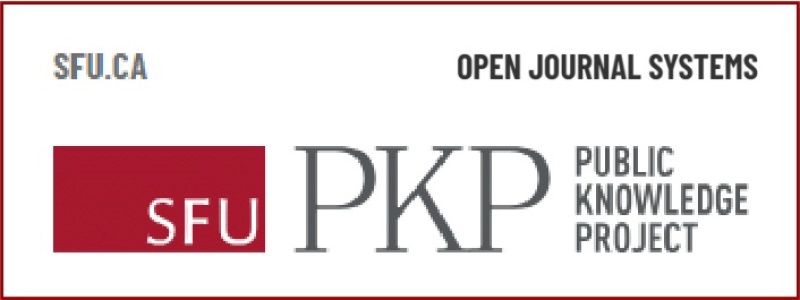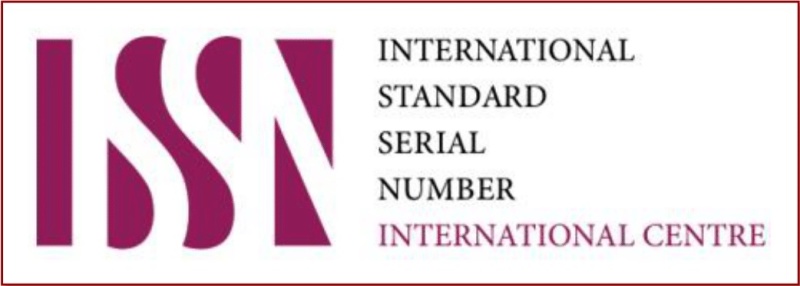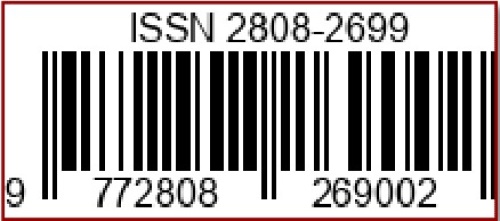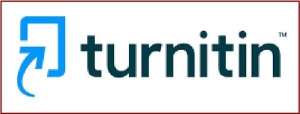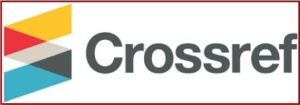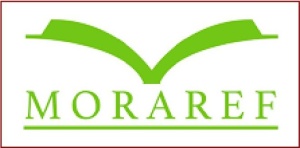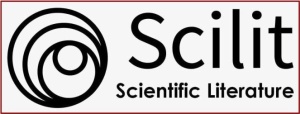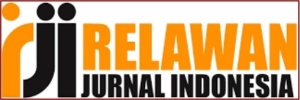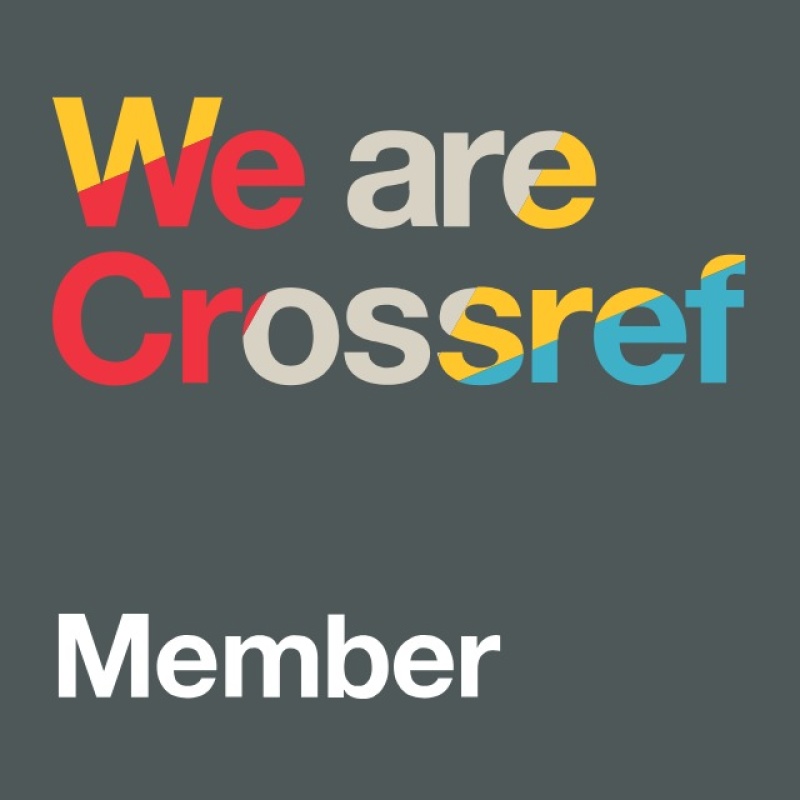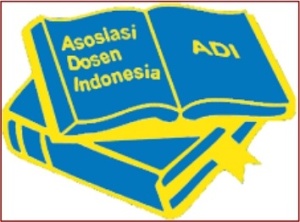Analisis Motivasi Belajar Siswa terhadap Pembelajaran Matematika di Sekolah Menengah Atas
DOI:
https://doi.org/10.36312/educatoria.v5i2.372Keywords:
Analysis, Learning Motivation, Mathematics Learning, High SchoolAbstract
The purpose of this study was to determine students' learning motivation in mathematics learning in senior high schools. This study uses a quantitative method because the data processed is ratio data, and the focus of this study is to analyze students' learning motivation towards mathematics lessons at SMA Idhata Banjarmasin. The population in this study were students of SMA Idhata Banjarmasin. The sample used was class XI. The research instrument used a questionnaire containing statements with the aim of seeing students' learning motivation in mathematics subjects. Descriptive data analysis techniques to determine students' learning motivation from the results of the questionnaire data. The results of the study based on the Guttman scale showed that out of 24 students in class XI of SMA Idhata Banjarmasin, there were 22 students who had a "high" level of mathematics learning motivation, and 2 others had a "quite high" level of mathematics learning motivation. Thus, the null hypothesis (H0) is rejected and the alternative hypothesis (Ha) is accepted. The conclusion of this study is that there is student learning motivation with a fairly high and high level towards mathematics learning at SMA Idhata Banjarmasin.
Downloads
References
Amelia, N. C., Zulhelmi, Z., Syaflita, D., & Siswanti, Y. (2021). Analisis Motivasi Belajar Peserta Didik Melalui Penerapan Model Pembelajaran POE Berbantuan Game Edukasi Berbasis Aplikasi Educandy di SMPN 25 Pekanbaru. Diffraction: Journal for Physics Education and Applied Physics, 3(2), 56-61. https://doi.org/10.37058/diffraction.v3i2.4145
Astindari, T., Yuliana, D., Noervadila, I., & Masruro, A. A. (2023). Pembelajaran Matematika yang Seru dan Menyenangkan dengan Metode Ice Breaking dan Mathmagic. Pengabdian Pendidikan Indonesia (PPI), 1(02), 94-100. https://doi.org/10.47709/ppi.v1i02.3289
Azahra, A., Aisyah, D. R., Fitriah, M. F., & Anasta, N. D. C. (2025). Analisis Peran Guru dalam Meningkatkan Motivasi Belajar pada Siswa Sekolah Dasar. Journal on Education, 07(02), 10093-10106. https://doi.org/10.31004/joe.v7i2.8006
Fariha, F., & Sassi, K. (2024). Sistem Pendidikan di Negara China. Jurnal Nakula : Pusat Ilmu Pendidikan, Bahasa dan Ilmu Sosial, 2(1), 332-347. https://doi.org/10.61132/nakula.v2i1.500
Febriani, D. D., Mahanani, R. T., Nafidhatus, A. F. S., Satria, A. F., Yapono, M. S. R., & Mahmud, E. A. (2025). Analisis Lingkungan Positif dalam Mendukung Pembelajaran Efektif dan Pengelolahan Kelas yang Harmonis di SMA Negeri 1 Gedeg. Jurnal Bima : Pusat Publikasi Ilmu Pendidikan Bahasa dan Sastra, 3(1), 270-279. https://doi.org/10.61132/bima.v3i1.1568
Ikhtiarini, S. A., & Ratnaningrum, I. (2024). Peningkatan Motivasi Belajar Anak SD: Tinjauan Psikologi Pendidikan dalam Meningkatkan Prestasi Akademik. Sindoro: Cendikia Pendidikan, 5(1), 1-10. https://doi.org/doi.org/10.9644/sindoro.v4i5.3317
Kasmayanti, K., Samsuri, T., & Safnowandi, S. (2023). Pengaruh Model Pembelajaran Team Games Turnament (TGT) dengan Menggunakan Media Flashcard terhadap Kemampuan Kognitif dan Motivasi Belajar Biologi Siswa Kelas VII. Panthera : Jurnal Ilmiah Pendidikan Sains dan Terapan, 3(2), 41-57. https://doi.org/10.36312/panthera.v3i2.159
Munthe, L. S., & Pasaribu, L. H. (2023). Pengaruh Minat dan Motivasi Belajar Siswa terhadap Prestasi Belajar Matematika. Jurnal Cendekia: Jurnal Pendidikan Matematika, 07(02), 1321-1331. https://doi.org/10.31004/cendekia.v7i1.2087
Nurrawi, A. E. P., Zahra, A. T., Aulia, D., Greis, G., & Mubarok, S. (2023). Motivasi Belajar Siswa terhadap Hasil Belajar Matematika. Plusminus: Jurnal Pendidikan Matematika, 3(1), 29-38. https://doi.org/10.31980/plusminus.v3i1.1220
Rizki, M. (2025). Analisis Kualitatif terhadap Faktor-faktor yang Mempengaruhi Motivasi Belajar Siswa Kelas X SMAN 1 Cigudeg : Kajian Literatur. Jurnal Arjuna: Publikasi Ilmu Pendidikan, Bahasa dan Matematika, 3(1), 170-178. https://doi.org/10.61132/arjuna.v3i1.1492
Sipaayung, J., & Munawaroh, M. (2025). Peran Teknologi Smartphone sebagai Media Pembelajaran Interaktif bagi Mahasiswa di Era Digital. Trending: Jurnal Ekonomi, Akuntansi dan Manajemen, 3(1), 167-176. https://doi.org/10.30640/trending.v3i1.3662
Sudinadji, M. B., & Kumaidi, K. (2019). Pengalaman Self Regulated Learning Siswa untuk Menghadapi Ujian. Indigenous: Jurnal Ilmiah Psikologi, 4(2), 79-95. https://doi.org/10.23917/indigenous.v4i2.7970
Sudjana, N., & Ibrahim, I. (1989). Penelitian dan Penilaian Pendidikan. Bandung: Sinar Baru.
Sugiyono, S. (2011). Metode Penelitian Pendidikan. Bandung: CV. Alfabeta.
Sugiyono, S. (2013). Metode Penelitian Kuantitatif, Kualitatif, dan R&D. Bandung: CV. Alfabeta.
Sugiyono, S. (2017). Metode Penelitian Kuantitatif, Kualitatif, dan R&D. Bandung: CV. Alfabeta.
Sujarweni, S. (2014). Metode Penelitian: Lengkap, Praktis, dan Mudah Dipahami. Yogyakarta: Pustaka Baru Press.
Syafii, M. (2021). Hubungan Motivasi Belajar Matematika Siswa terhadap Hasil Belajar Matematika pada Materi Kalkulus dan Aljabar di Kelas XI IPA SMA. Jurnal Cendekia : Jurnal Pendidikan Matematika, 5(1), 65-74. https://doi.org/10.31004/cendekia.v5i1.275
Wahyuni, L., Andani, M., Afriyani, Y., & P, C. A. (2017). Analisis Motivasi Belajar pada Siswa Kelas XI MIA 4 SMA Negeri 3 Kota Jambi pada Mata Pelajaran Fisika. Gravity : Jurnal Ilmiah Penelitian dan Pembelajaran Fisika, 3(1), 90-99. http://dx.doi.org/10.30870/gravity.v3i1.2415
Zahroh, F. L., & Hilmiyati, F. (2024). Indikator Keberhasilan dalam Evaluasi Program Pendidikan. Edu Cendikia: Jurnal Ilmiah Kependidikan, 4(03), 1052-1063. https://doi.org/10.47709/educendikia.v4i03.5049
Downloads
Published
How to Cite
Issue
Section
License
Copyright (c) 2025 Nasrudin Baharsah

This work is licensed under a Creative Commons Attribution-ShareAlike 4.0 International License.
-
Attribution — You must give appropriate credit, provide a link to the license, and indicate if changes were made. You may do so in any reasonable manner, but not in any way that suggests the licensor endorses you or your use.
-
ShareAlike — If you remix, transform, or build upon the material, you must distribute your contributions under the same license as the original.


